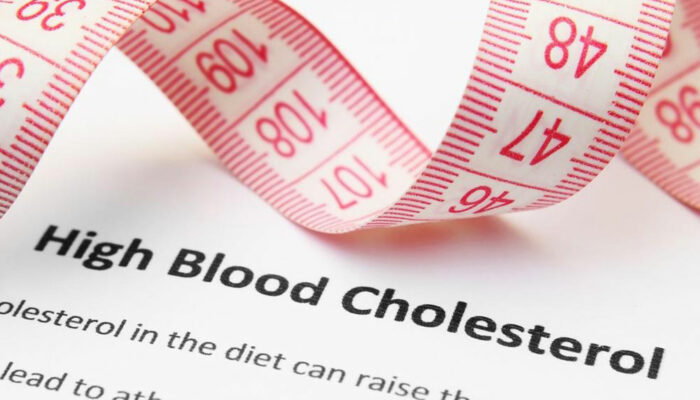
Causes of cirrhosis and how can it be prevented
Cirrhosis is a chronic liver disease that can be caused by many conditions, such as hepatitis or excessive alcoholism. Every time the liver gets damaged, due to either undue alcohol consumption or some other injury, it attempts to repair itself. During this process of repair, some scar tissues form.
As cirrhosis advances, more and more scar tissues are formed, which makes it extremely difficult for the liver to function appropriately. The latter stages of cirrhosis can also be life-threatening.
Generally, cirrhosis is an irreparable condition. However, in cases of early diagnosis, adequate treatment can be delivered in time, preventing further damage.
Causes of Cirrhosis
There are many conditions that can result in liver damage. They include:
- Chronic viral hepatitis (hepatitis B, C or D)
- Excessive alcohol
- Accumulation of iron in the body
- Accumulation of fat in the liver (a non-alcoholic fatty liver condition)
- Cystic fibrosis
- Accumulation of copper in the liver (Wilson’s disease)
- Deficiency of Alpha-1 antitrypsin
- Faulty formation of bile ducts
- Genetic disorders of sugar metabolism (galactosemia)
- Autoimmune liver disease, such as autoimmune hepatitis
- Hardening or scarring of bile ducts
- Destruction of bile ducts (primary biliary cirrhosis)
- Genetic digestive disorders, such as Alagille syndrome
- Infections, such as brucellosis or syphilis
- Certain medicines like isoniazid or methotrexate
Risk Factors for Cirrhosis
Apart from the aforementioned causes, there are some risk factors that considerably increase the risk of cirrhosis.
- Being overweight: Being obese or overweight increases the likelihood of conditions such as nonalcoholic steatohepatitis or nonalcoholic fatty liver. These conditions can surge the chances of developing cirrhosis.
- Viral hepatitis: This is considered to be one of the foremost causes of liver disease. Although not everyone with hepatitis will get cirrhosis, it greatly increases the chances.
Prevention
You can prevent this chronic ailment by taking the following preventive measures:
- Avoid excessive consumption of alcohol, especially if you have any liver disease.
- Eat a well-balanced diet that is replete with fruits and vegetables. Avoid fatty foods and artificial sweeteners.
- Maintain a healthy body weight. Indulge in any form of physical exercise and perform it for at least 150 minutes every week. Additionally, go for a weight-loss diet if you are obese or overweight.
- Reduce the risk of viral hepatitis by getting vaccinated. There is no vaccination for hepatitis C but you can get immunized for hepatitis B. Also, avoid unprotected sex and sharing needles.
- A study reveals that having two or more cups of coffee a day can reduce the chances of developing cirrhosis to half. So, try to consume at least two cups per day.
- Statins are medicines that help lower cholesterol. Taking these medicines can help in preventing cirrhosis if you have hepatitis B or hepatitis C.
If you are facing any symptoms of liver cirrhosis, talk to your doctor and devise effective ways to prevent the disease.



